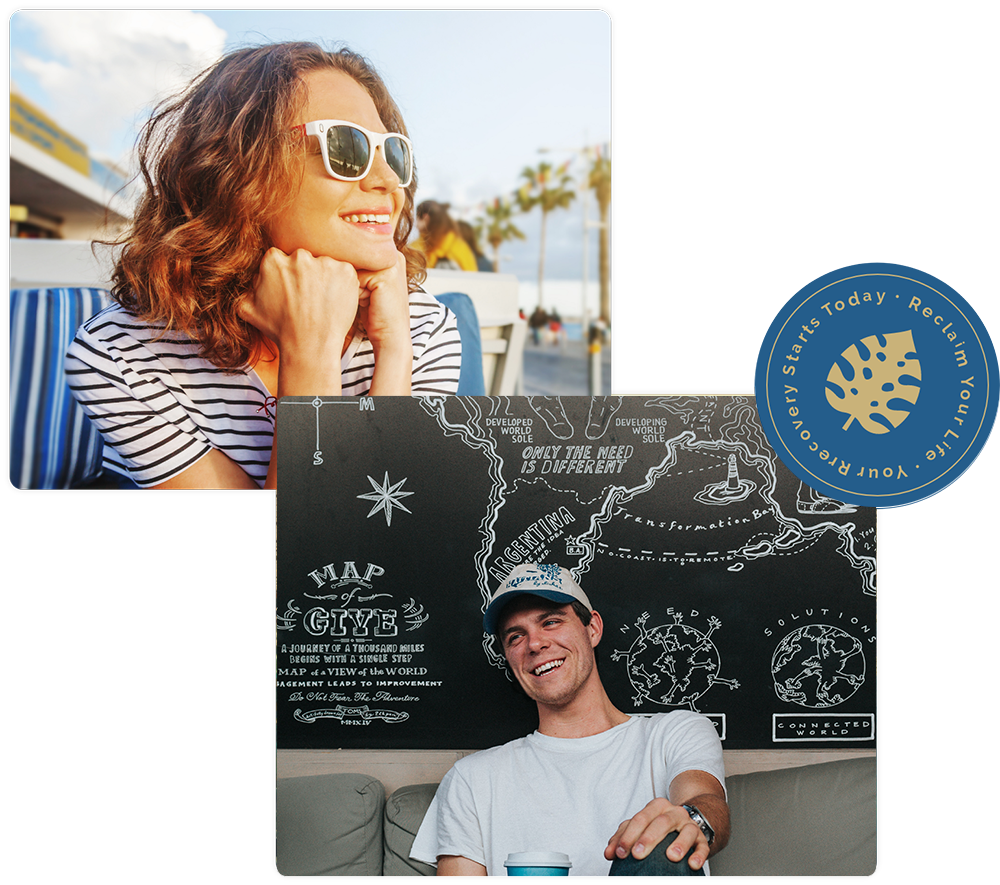Expressive art therapy is a unique tool in the process of addiction recovery because it can help uncover problems in a person’s life in a creative fashion. Sometimes these problems come with intense emotions that are too hard to verbalize. Using the self-expression of art therapy can help to discover their unspoken personal issues. This gives someone struggling with addiction the opportunity to release their feelings. In some cases, they didn’t even realize these feelings were there in the first place.
Benefits of Art Therapy for Substance Abuse
An art therapist is trained to spot nonverbal metaphors and symbols in a patient’s artwork. Therapists claim that utilizing art therapy for substance abuse treatment can:
- Help patients discover and face their personal problems
- Aid in developing social skills
- Decrease the patient’s denial of addiction
- Lower stress levels
- Teach self-management techniques
- Increase the patient’s motivation to change
- Work through relational conflicts
- Provide a safe outlet for painful emotions
- Recover from trauma
- Improve overall mental health
- Lessen the shame of addiction
- Develop introspection, self-awareness and coping skills
The Role Art Therapy Plays in Addiction Recovery
Art therapy helps the patient and the counselor understand what he or she is feeling. Often, they aren’t able to express this or even understand it themselves. Recognizing these feelings is crucial in modifying their behavior in the future and overcoming an addiction.
Art therapy is a great addition to a comprehensive addiction treatment program that includes individual therapy, group therapy, family counseling and other services that a holistic treatment facility can provide.
Types of Expressive Art Therapy
Expressive therapy uses creative arts as a tool for healing. During this healing process, the act of creating is more important than the finished product. There are many types of art therapy that aid in this growth, including:
- Arts – these include drawing, painting, sculpting and crafting
- Music therapy – this can boost negative moods or release deep-seated painful feelings
- Dance therapy – this can express feelings physically through dance movements
- Writing therapy – forms of this include journaling or poetry writing
- Drama therapy – a form of therapy where people can act out their experiences through role playing
Expressive Art Therapy at Footprints Beachside Recovery
Expressive art therapy allows those suffering from addiction to heal even when talking is too difficult. It’s especially useful when someone can’t get in touch with their feelings to even start the recovery process. Finding a treatment facility that includes alternative treatments like expressive art therapy will offer an even better chance of success. Learn more about the art therapy programs at Footprints Beachside Recovery and contact us today to learn more about our holistic treatment approach.



